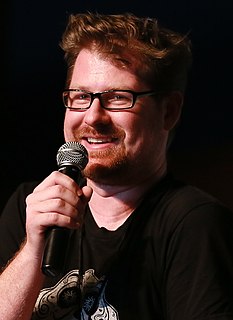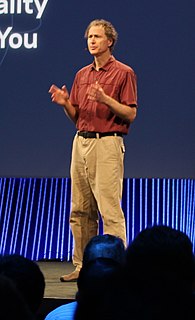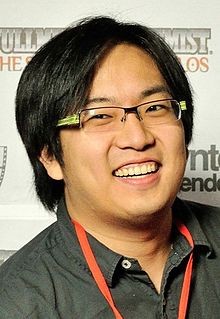A Quote by Justin Roiland
The biggest thing you can do in VR that you can't really do in non-VR games is a huge focus on exploration and interaction.
Quote Topics
Related Quotes
I'm a huge gamer. I'm very excited, and the idea of the Rift was as a headset that was designed around the specific uses of VR gaming. But I'm excited about a lot of stuff that's outside of it, because I was a VR enthusiast. I want VR to be the thing that we all live in, that we all use for everything, not just games.
I was afraid that that Catch-22 would cause VR to fail to achieve liftoff. That worry is now gone. Facebook's acquisition of Oculus means that VR is going to happen in all its glory. The resources and long-term commitment that Facebook brings gives Oculus the runway it needs to solve the hard problems of VR – and some of them are hard indeed. I now fully expect to spend the rest of my career pushing VR as far ahead as I can.






























